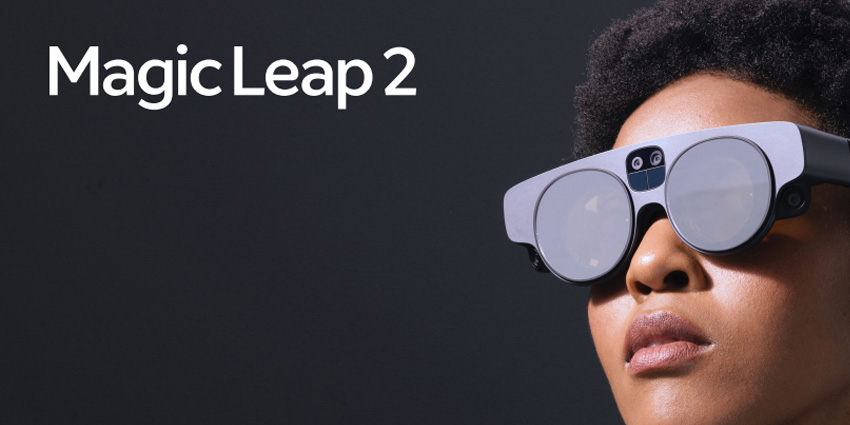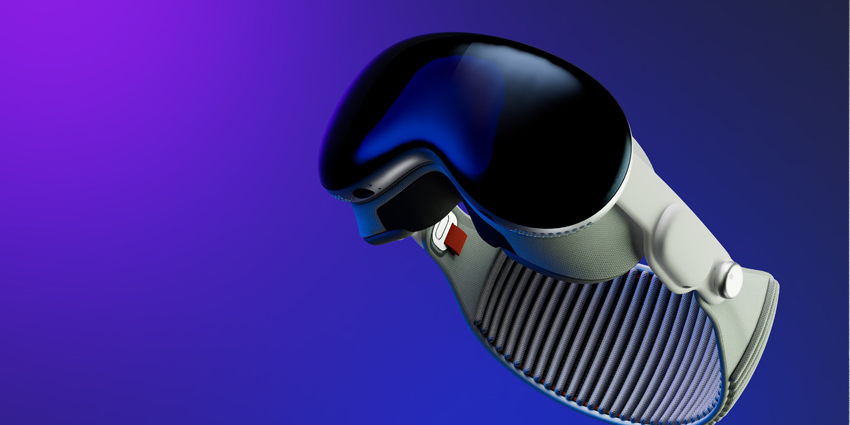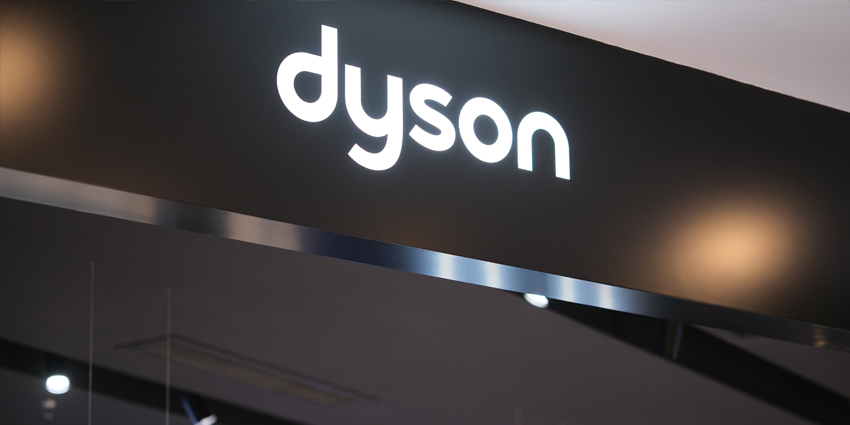To close 2022, Magic Leap’s leadership team underwent a major restructuring following a significant investment from Saudi Arabia’s sovereign wealth fund.
The augmented reality (AR) headset manufacturer gained $450 million from the Saudi Arabian Public Investment Fund (PIF).
The investment by Saudi’s PIF division allows the region to own over 50 percent of Magic Leap’s ownership stake. Moreover, the investment secures the Saudi Arabian PIF group with four out of eight seats on Magic Leap’s board of directors as of November 2022.
Previously, Saudi Arabia gave Magic Leap roughly $400 million in a 2018 funding round. Additionally, significant technology and extended reality (XR) firms like Google and AT&T have provided Magic Leap funding since the company’s debut in 2010.
Magic Leap is developing an AR industrial hardware solution that projects immersive imagery on real-world locations to assist end clients with various tasks. The company’s partners include healthcare, manufacturing, and entertainment firms.
The immersive hardware firm also wants to provide an avenue for adopters to access Metaverse applications, one of 2022’s most hyped tech-buzz words.
In December, Magic Leap’s recently appointed Chief Executive, Peggy Johnson, added:
At Magic Leap, we believe that the metaverse is already here, with many currently experiencing a limited view via phones, computers, and tablets. Our goal is to make our interactions with the metaverse a more natural extension of how we view and operate in the physical world.
More on the Magic Leap 2, Before Saudi Arabia’s Investment
Last September, Magic Leap released its sophomore AR device. Magic Leap debuted its device internationally in Canada, the United Kingdom, Germany, France, Italy, Spain, Japan, Singapore, and Saudi Arabia.
The Magic Leap 2 device comprises of massively improved immersive features, components, and hardware. The product contains a headset, controllers, a separate computing device, and accessibility add-ons.
The device comes with the following:
- 70-degree field of view
- 120 Hz refresh rate
- 260g headset weight
- Spatial audio
- Head pose and eye-tracking
- A 16GB computing pack
- 256GB hard drive storage
- Bluetooth connectivity for headphones, keyboards, and controllers
- Speech-to-text detection
- Magic Leap Desktop Companion Application (Windows/macOS)
The base Magic Leap 2 model debuted at $3,299 for commercial, enterprise, and production environments. Additionally, the firm launched a Developer Pro model for $4,099.
The developer pro model comes with all the same features but also includes developer tools, sample projects, enterprise-grade features, and a monthly early access programme for software testing. Magic Leap notes that its sophomore developer model has no permissions for use in full commercial deployment or production environments.
Moreover, Magic Leap 2’s Enterprise Edition supports large-scale IT deployments with integrated unified endpoint management (UEM) and mobile device management (MDM) for workplace onboarding processes.
Is Peggy Johnson Saving Magic Leap?
Despite a new device hitting the market and its Saudi Arabian investments, Magic Leap faced problematic years following the pandemic of 2020.
During the pandemic, Magic Leap cut roughly 1,000 jobs following modest sales of its debut headset. In 2021, company founder Rony Abovitz left the firm leaving Peggy Johnson to pick up the pieces and rebuild the firm’s image of its product portfolio. At the time, Magic Leap lost $1 billion of its $3 billion valuation.
Almost imminently, Johnson started a campaign to rebuild Magic Leap’s foothold in the immersive solutions sector by announcing the sophomore device.
During the announcement of the Magic Leap 2, the firm gained funding worth roughly $850 million saving the firm from closure.
Johnson said at the time that the Magic Leap 2 device is an “all day, everyday” device which is what “the enterprise market has been asking for.”
What is Next for Magic Leap?
2023 looks to be yet another transformative year for the XR industry. With many major XR devices ready for release, the space is becoming highly competitive.
While the Meta Quest portfolio continues to dominate the consumer market, with efforts from the Facebook parent company to become an immersive enterprise solutions provider, other firms are looking to claim the immersive crown.
On the other hand, Meta is facing increasing competition from XR companies like HTC, Pico, and NReal. The increasing number of consumer and enterprise options could create a challenging journey for Magic Leap, which is attempting to regain its marketplace foothold.
Although, with its over ten-year history, time will reveal how Magic Leap will cement its reputation within the XR space.







